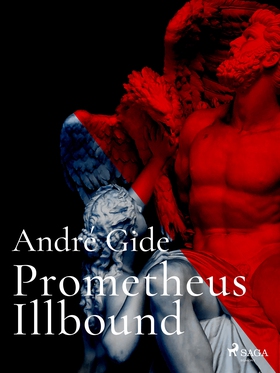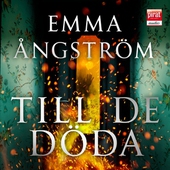
Lägg till önskelistan
Prometheus Illbound e-bok
Pris
45 kr
The wealthy Zeus drops a handkerchief in the street, and whoever picks it up must give him the name and address of one other person.
That person is then rewarded with untold riches, while the finder of the handkerchief receives a punch in the face.
This novella, a work of refined intellectual imagination, is a satirical discussion of man’s search for individual values.
‘Prometheus Illbound’ will delight fans of Gide's other notable works, such as ´The Fruits of the Earth´ (1897) and ‘The...
E-Bok
45 kr
Pris
Förlag
Saga Egmont
Utgiven
13 December 2022
Längd
124 sidor
Genrer
Romaner, Skönlitteratur
Språk
English
Format
epub
Kopieringsskydd
Vattenmärkt
ISBN
9788728384763
The wealthy Zeus drops a handkerchief in the street, and whoever picks it up must give him the name and address of one other person.
That person is then rewarded with untold riches, while the finder of the handkerchief receives a punch in the face.
This novella, a work of refined intellectual imagination, is a satirical discussion of man’s search for individual values.
‘Prometheus Illbound’ will delight fans of Gide's other notable works, such as ´The Fruits of the Earth´ (1897) and ‘The Counterfeiters’ (1926).
André Paul Guillaume Gide (1869 – 1951) was a renowned French author who won the 1947 Nobel Prize in Literature.
Described as 'France's greatest contemporary man of letters', Gide was known for his fiction and autobiographical works. He published over fifty books, including ´The Fruits of the Earth´ (1897), ‘Lafcadio’s Adventures’ (1914), ‘Strait is the Gate’ (1909), and the experimental ‘The Counterfeiters’ (1926).
However, the Frenchman claimed ‘Corydon’ (1911), was his most important work. In it, he used evidence from naturalists, historians, poets, and philosophers to back up his belief that homosexuality was not ‘unnatural’, arguing it was more natural than exclusive heterosexuality, which he believed to be a union created by society.




